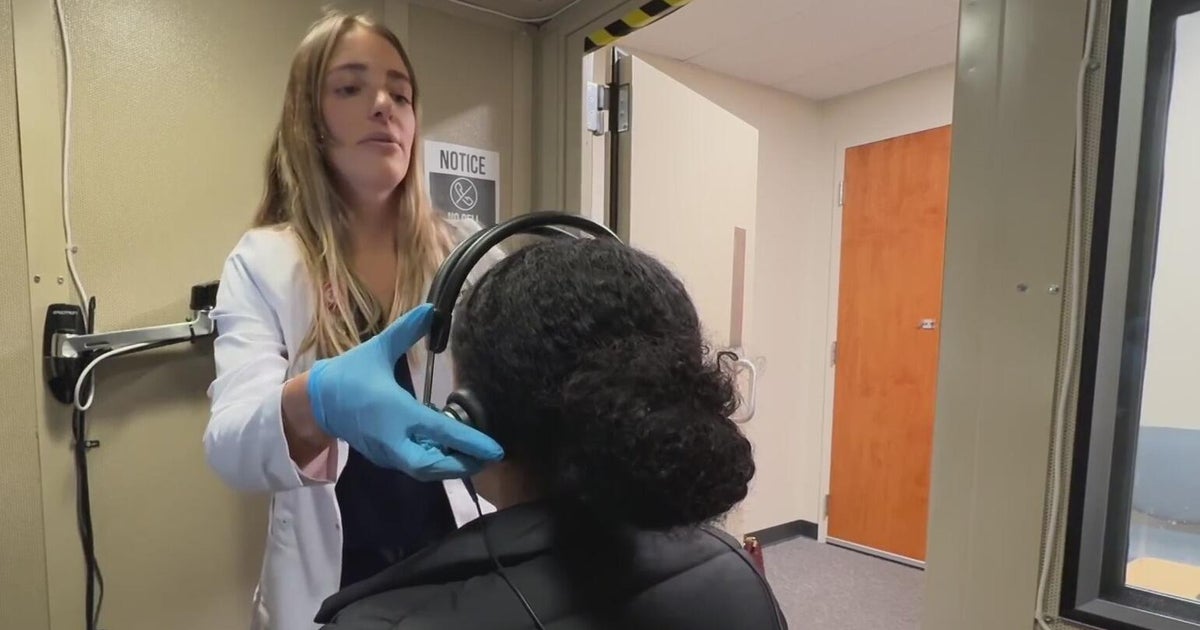KCBS In Depth: The Science Of Sleep
(KCBS) - It's not at all uncommon for Americans to burn the candle at both ends, as the saying goes. Plenty of overworked Americans look to their weekends and vacations simply to "catch up" on sleep. But, it turns out, there really is no such thing.
Adequate sleep does help both brain and body recover from a stretch of deprivation, but that recovery only goes so far.
"Sleep will try to rebound and get back some of what you've lost if you've deprived the brain of it. However, it will never get back all of it. It just doesn't have the capacity," explained Dr. Matthew Walker, a sleep researcher and Director of the UC Berkeley Sleep and Neuro-Imaging Laboratory. "What that tells us is that sleep is not like the bank. You can't accumulate a debt and then hope to pay it off at some later point in time. And this comes back to a profile of sleep we see commonly in society, something that I call sleep bulimia. You see it in students....which is where they short their sleep during the week, staying up late, but they've got to get up early for classes. And then on the weekend .they just binge on sleep and it's this real binge-purge sort of relationship."
"They're engaging in something that's just not effective," he continued. "Because human beings are one of the few species that do deprive themselves of sleep, evolution has never had to face the challenge of creating a safety net to get back what it misses by not having sleep because we've never done that before."
KCBS In Depth: The Science of Sleep
Considering an estimated 50 to 70 million Americans have some sort of sleep issue, can a nap help?
"Napping is a bit of a double edged sword," suggested Walker. "We've certainly found that naps during the day can have a benefit on things like emotional regulation and learning and memory."
"But you have to be careful by placing the naps too late in the day. Here's why: as you're awake across the day, there's a chemical that builds up in your brain and makes you feel more and more sleepy. And when it gets to a point, that's when you want to fall asleep. Now, it's called a sleep pressure chemical, literally like a steam cooker building up pressure."
"When you sleep," he continued, "that pressure essentially is relieved. It's like opening the valve on a steam cooker and you dissipate that pressure, you dissipate that chemical and that's when you want to wake up in the morning."
"So," summed up Walker, "go with what you feel. If you feel as though you can nap and still sleep well at night, then that's fine. But naps can be a little bit of a problem in that context."
You can hear KCBS In Depth, a weekly half-hour news interview, Saturdays at 5:30a.m. and Sundays at 8:30 a.m. and 8:30 p.m. on KCBS All News 740AM and 106.9FM.
(Copyright 2013 by CBS San Francisco. All Rights Reserved. This material may not be published, broadcast, rewritten, or redistributed.)



